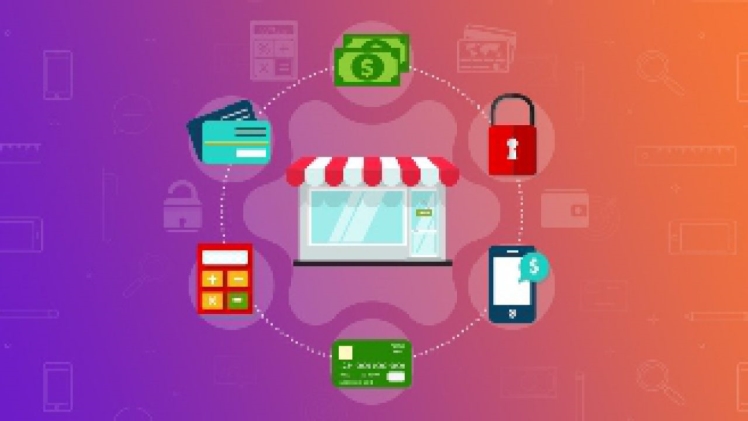In the excitement of opening a business online and launching the eCommerce website, the security aspect might often be overlooked. Since it is always better to build up the walls instead of worrying about defending it against unwanted ‘guests’ later, there are a couple of tips you can pay attention to so that your customers feel more secure with you and don’t worry about stolen credit card information and other online frauds.
Even small eCommerce stores are equally under the threat of debilitating cyber-attacks since it is expected that such stores would not pay much attention to ramping up security.
So, here are some strategies that you can follow as an eCommerce store owner:
-
Implement and note down security updates and patches
New updates are frequent for all stores and online platforms since app developers need to be on their toes and engage in patching efforts as hackers continue to find IT security vulnerabilities. Always pay close attention to all updates as and when they’re released since all of them need not be automatic and might require manual updation. Otherwise, turn on automatic updates for both your site and your system.
- Regular back-ups
While this is no direct defense against malicious attacks and data compromises, it definitely provides an indirect resolution to any possible hacking attacks by providing a new and clean version to restore. This will help you to save the content on your site from corruption, getting lost, or held hostage, thus minimizing the damage.
Frequent and periodic updates are very important – especially after updates, possibly daily, or at least once in three days. You can explore the option to set automatic back-ups so that manual effort is minimal; most web-builders and hosts offer the option to back up as an in-built feature, so it is up to you as well to choose an ideal platform that provides this option.
-
Choosing a secure web host and eCommerce platform
The best choice would be a secure eCommerce platform that provides solutions for all your platform needs, especially with in-built security features that provide optimal protection. Check out different hosts and platform providers to make sure that the platform is befitting of your business requirements as well, and protection from common malware threats such as SQL injections.
Getting SSL certification supports the idea of forming ideal security protocols and reaping the benefits off of it. This service provides the encryption of data between the user’s web browser and the website, making it difficult to hack. It also satisfies the requirement of adherence to PCI (Payment Card Industry) Data Security Standards, being mandatory in some cases since it assures customers of data protection.
You can perform website penetration testing by following this link – https://www.getastra.com/blog/security-audit/website-penetration-testing/
-
Regular SQL Injection attack checks
The flexibility of SQL injections in the form of any user input makes this threat particularly dangerous, so initiate regular checks to make sure there are no vulnerabilities or loopholes that can be misused. There are various platform-specific software options that can help verify incoming content and push out SQL injections. Also, there are free site scanners that provide the same services but their downloads should be reviewed carefully since they are third-party extensions and can be equally dangerous if not verified. Once the mechanism is set up, daily checks can be made on website security to remove vulnerabilities and secure the site.
-
Choose payments and data processing platforms wisely
The best way around protecting consumers’ data is ensuring that you don’t personally collect these directly on the website unless absolutely required. Here, utilize third-party encrypted service providers for processing any payments, which is what eCommerce websites mostly follow. Most of these payment gateways are completely secure and do not leak any sensitive data.
Ensure that the selected payment platform is in accordance with the eCommerce web host and service provider, ensuring fraud prevention and identity theft protection.
-
What do you download and integrate?
Downloading and integrating plug-ins, tools, apps and anything else to your site should be done after verifying the third-party source. These add-ons can often be the carriers of malicious protocols, compromising your site’s integrity. Sometimes, it need not be intended as malicious but simply a lack of optimization or misconfiguration with the existing software, opening up backdoors to your site.
Trusted and full-scale protection should be utilized for both professional and business uses.
-
Website Application Firewall (WAF)
This is the next step to your website security, providing protection from SQL injections, XSS attacks, and forgery requests. It also prevents all hacking attempts, brute force attacks, DoS, and DDoS attacks, finding one that fits all your needs of business and protection.
These are some steps that can be followed to ensure protection on a foundational level – some more initiatives can always be undertaken according to the needs and requirements of the site and modified to provide maximum protection.
